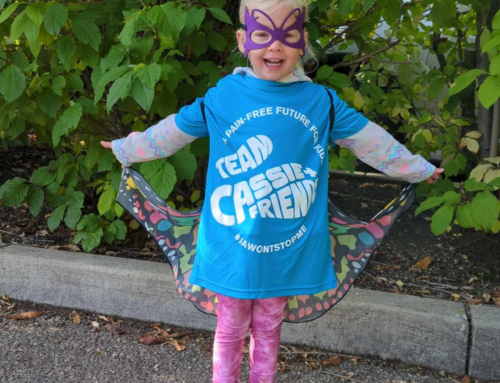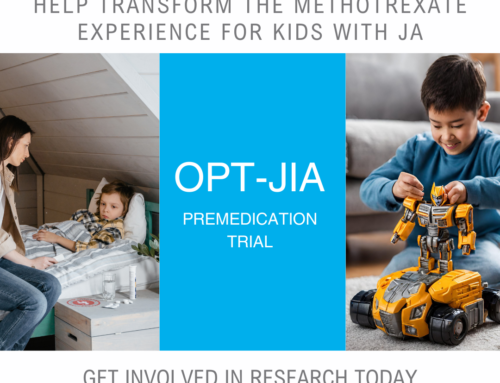 All of these biologic changes are stressful and confusing!
All of these biologic changes are stressful and confusing!
Over the past year, the landscape of biologic treatments available, and coverage for these treatments for children with JIA and other rheumatic diseases has changed. The biggest changes have been a shift to coverage of biosimilar treatments in many provinces, biologic shortages, and phasing out of one of the first biologics approved for young children- Enbrel. There is no question that these changes have led to anxiety for many families, as they face changes in their child’s medication treatments, due to issues out of their control. Maybe you and your child are one of these families?
So, what are some of the important facts to know, and what can you do to decrease this anxiety?
The landscape of biologic treatments will continue to change over the coming years.
The first biologic treatments (called ‘biologic originators’) were the most expensive, and many provinces are under financial stress with the overall cost of biologic treatments to health budgets.
The newer ‘biosimilars’ have come to Canada, and many provinces have chosen to cover these generally less expensive alternatives. Overall, this is a good thing, because it means there will be more money in health budgets to cover more people needing these treatments. Biosimilar doesn’t mean inferior or less effective. In a number of countries around the world, biosimilars were the only available biologic treatments for children with JIA and rheumatic diseases, and outcomes have been equal to the original biologic drugs.
Governments will continue to seek cost savings by choosing to cover biosimilar biologic treatments.
Additionally, some of the older biologic drugs may be phased out and discontinued. We have seen this recently with Enbrel (etanercept originator) 25 mg dosing, which was used in many smaller children. Companies can’t afford to keep producing drugs with a small niche market, which the relatively small number of children with JIA needing these medications are.
In this case, advocacy for continued coverage of original biologics for children isn’t likely to be effective. So, we should try to anticipate what’s coming when we are able and be prepared for change. Most importantly, we should continue to work together as a community to advocate for our kids when it comes to funding for increased capabilities of our Canadian JA registry and access to new and safe medications that come available.
New medications will become available, and we want to help ensure they are tested in children with rheumatic disease AND become available in Canada. These are exciting times, and provide a lot of hope for the future.
Your best allies for getting up-to-date information and planning for any changes in your child’s treatment is your pediatric rheumatology team.
The pediatric rheumatologists in Canada are all connected through our Pediatric committee of the Canadian Rheumatology Association (CRA). As a group, we try to keep each other up-to-date on new changes, and the CRA has been an amazing partner in advocating for treatments for kids with arthritis and other rheumatic diseases. When you have questions or you read something on the news or internet, please turn to your pediatric rheumatology team for information.
Most importantly, try not to panic about change in your child’s treatment. We know this is a hard one. When things are going along well, the last thing anyone wants to do is change.
It is OK to be anxious about these changes, and letting others know how you feel and what your worries are can help. The good news is – your pediatric rheumatology team is here to support you, as are other parents at Cassie + Friends and your own support system of family and/or friends.
Here are some additional resources from Cassie + Friends to support you and your family:
• Our ClassRheum Resource Hub is a one-spot shop for patient-driven and medically-vetted information including sessions covering Caregiver Self-Care, Medications (with tips for starting new medications), and real patient stories.
• Our private Juvenile Arthritis Canada Facebook group is a safe and secure place where you can connect with hundreds of other families and discuss all things JA and other rheumatic diseases.
This article was written and reviewed by the Cassie + Friends Medical Advisory Committee. To learn more about the Cassie + Friends Medical Advisory Committee, click here.









Leave A Comment